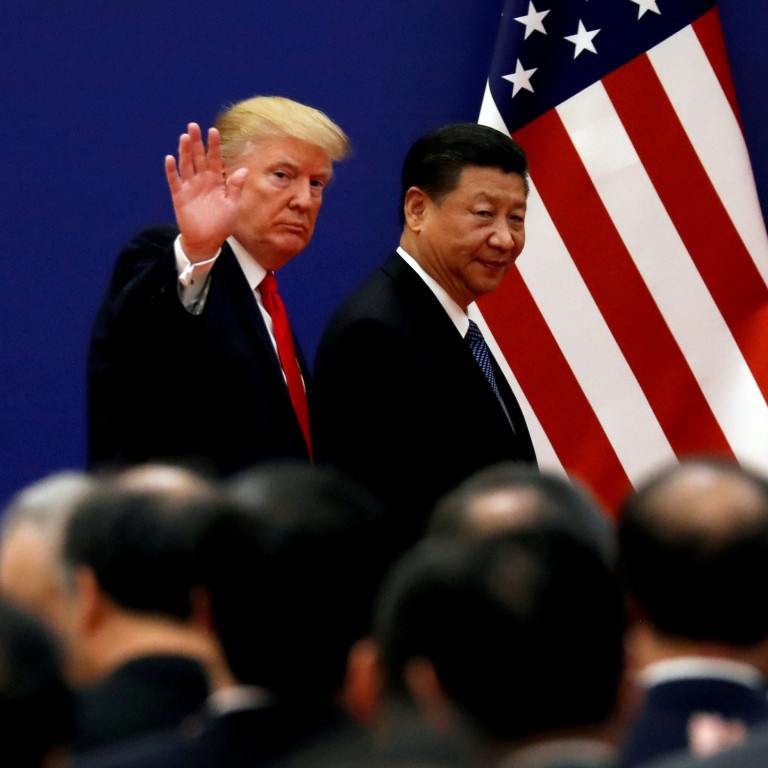
Xi Jinping targets ‘fundamental China-US issues’ in Japan meeting with Donald Trump
- Meeting at G20 could bring first positive development after setbacks in talks to end the two countries’ trade war
- But former US trade negotiator says expectations of the presidents’ discussions should be ‘kept in check’
Chinese President Xi Jinping has said he hopes to address “fundamental China-US issues” in his meeting with counterpart Donald Trump in Japan next week.
“I am willing to meet the president during the G20 summit in Osaka to exchange opinions on the fundamental issues of the development of US-China relations,” Xi was quoted as saying.
Wendy Cutler, a former US trade negotiator, said expectations of how much progress the two presidents could make in their meeting should “be kept in check”.
“But this outcome is not at all guaranteed. One wild card is how strongly Beijing will press for some backing off of actions taken against Huawei as the price for a trade deal, and how [Trump] might respond.
“To the dismay of the national security community, the US president has said that he might be prepared to do that.”
Cui Fan, a professor at the University of International Business and Economics in Beijing, said there were still other areas where China wanted to cooperate with the US.
“As China’s industry is upgraded, competition between China and the US will become regular in the long run,” Cui said. “However, both countries share a similar stance in encouraging investment and protection of intellectual property, and there is still room for cooperation in global economic governance.”
Additional reporting by Sarah Zheng

